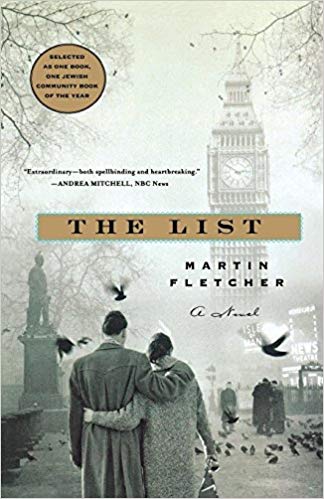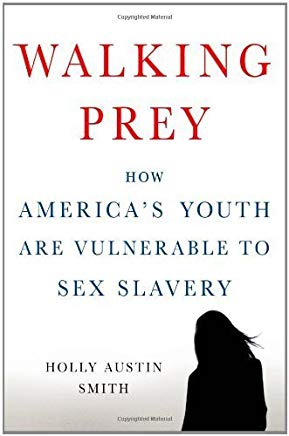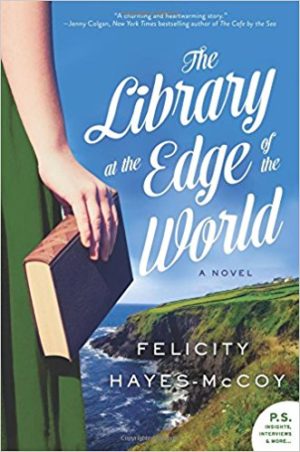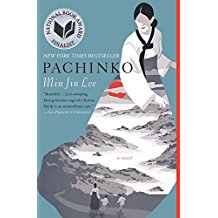Book Review of The List
My father-in-law, Bernard Kursman, passed away on May 17th. Since then, I have been in a daze with all the traveling, the mourning rituals, and returning to regular life. He had been very ill for the past year and my family and I have been under incredible stress. I have recently started back on writing and decided to post a review of a fascinating book I read that takes place in post-Holocaust Britain.
The List was an eye-opening historical novel. It tells the story of Edith and Georg, who escaped the Holocaust and now live in a boardinghouse with other escapees. Edith is pregnant and both she and her husband are desperately waiting for news of survivors in their families. At the same time, Georg, a lawyer, is having trouble securing employment because the British do not want to hire “aliens.” They must contend with discrimination as British citizens debate whether they should deport the refugees back to the countries of their birth so available jobs and housing go to the country’s returning soldiers. At the same time, Jewish people are organizing in Palestine to sabotage British control because they are restricting Jewish immigration in efforts to placate the growing resentment of the Arab population.
I learned a great deal about the lives of the Holocaust survivors and escapees as well as their uncertain status in post-WWII Britain. The author enables readers to empathize with the pain of refugees desperately trying to locate surviving family members, Georg’s job-seeking frustrations to provide for his wife and their unborn baby, and the pressures Jews and British experience in Palestine.
Author Martin Fletcher’s characters Georg and Edith were based on his own parents and their challenges as they worried about their loved ones while anxiously awaiting the arrival of their first baby. The characters and plot make the story memorable and riveting. In the beginning, the readers don’t see the connection between the characters in Britain and those in Palestine, but Fletcher expertly weaves them together for a compelling conclusion.
Idelle Kursman is the author of True Mercy, a thriller designed to bring awareness to two issues, families with a loved one with autism and the human trafficking crisis.
Idelle is available to write blog content for businesses and organizations. Please contact on this website.
Book Review of The List Read More »



